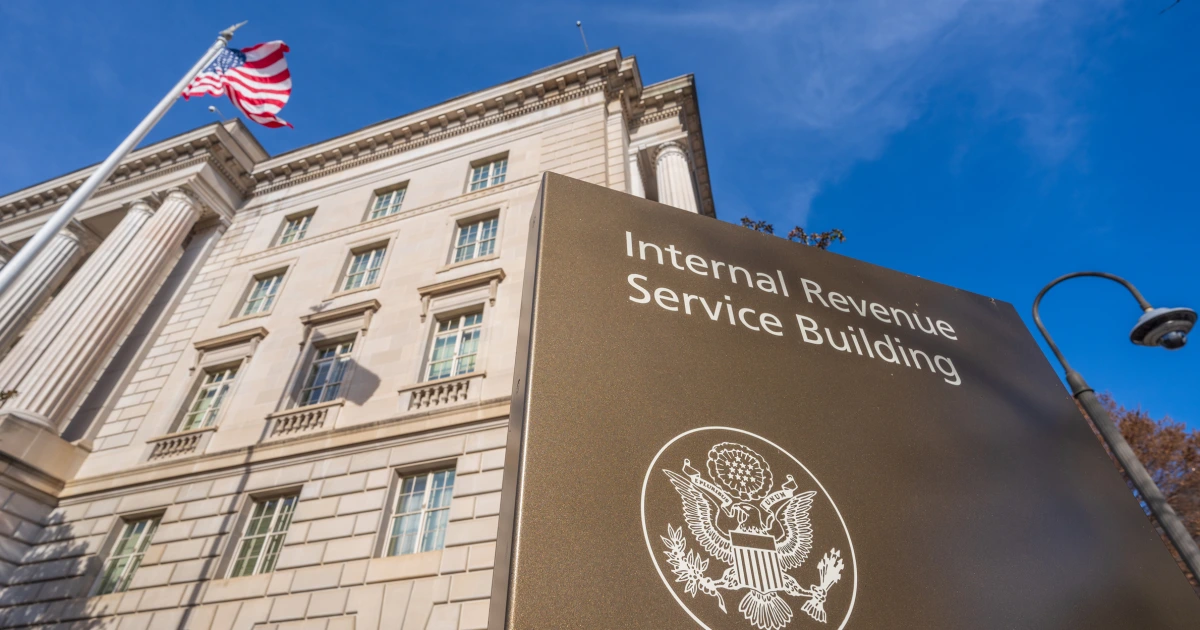President Donald Trump wants to abolish the Internal Revenue Service. In the meantime, he’s doing his best to undermine it — and the main beneficiaries will be wealthy tax cheats.
Since taking office, the Trump administration has attempted to fire thousands of recently hired IRS workers, cut billions from its budget and slashed the unit that specifically audits billionaires and the ultrawealthy. Trump has said (inaccurately) that tariffs could replace the income tax, while billionaire federal contractor Elon Musk has even bragged (inaccurately) about “deleting” a government program that helps Americans prepare and file their tax returns electronically.
The message from Washington is clear: The IRS is on the outs.
That may already be emboldening some would-be tax cheats as they sit down to prepare their taxes this April. And the problem will only get worse in the future. “Tax cheating is highly contagious,” former Treasury Secretary Lawrence Summers warned in a post on X. Indeed, one study found that simply telling taxpayers that most people don’t cheat on their taxes increased the amount of income they reported.
The people this will benefit are the wealthy, because they have the most to gain from cheating on their taxes.
Look, nobody likes paying taxes. But the people this will benefit are the wealthy, because they have the most to gain from cheating on their taxes, and research has shown they are the most likely to do so.Unlike countries such as the United Kingdom or Denmark — where the government prepares your taxes for you and you either sign off or contest it — the U.S. tax system largely centers on “voluntary compliance.” That puts the burden on taxpayers to fill out their own forms and report their income. And that opens up a lot more opportunities for the wealthy.
Suppose you’re an average taxpayer, like one of the estimated 30 million people with relatively simple taxes in 24 states who are eligible for the IRS’ Direct File service. You work for a large company that deducts income tax from your paycheck every two weeks and sends you a W-2 form at the beginning of each year. Maybe you have a savings account and a 401(k), but nothing fancy.
It would be pretty hard to cheat on your taxes in that situation. Even if you wanted to put a smaller number down for your income, you know that the IRS already has a copy of your W-2 that your employer sent them. You’re going to get caught. (The one exception for lower-income workers is unreported tipped income, which Trump wants to stop taxing anyway.)
Now, suppose you’re wealthy. You own a business and also earn income from investments such as rental properties and stocks and bonds. Maybe you also invest in fine art. And maybe your wealthy relatives send you a check from time to time.
Some of these sources of income will also send you a form, so you know the IRS is aware of them. But how much did your business make? How much rent did you collect? How much did you earn selling that painting? Did you get any big checks from your uncle? The IRS is mostly going to take your word for it.Sure, there’s a risk that you’ll get audited and possibly face fines or even jail time if your cheating is particularly egregious. But you also pay a lot more in taxes, so it may be a calculated risk to see if you can get away with reporting a little less income.
This isn’t a hypothetical. In a 2023 survey of research on underpayment of taxes, the Congressional Research Service noted that “those with high incomes are responsible for most misreported income.” One 2010 study found that, on average, the top 5% of households by income were responsible for 51% of all misreported adjusted gross income. Other studies show that even those estimates may be understated due to use of offshore bank accounts and pass-through businesses.
That adds up. The IRS estimated that in 2022 Americans underpaid about $606 billion in taxes, once you account for late payments and money collected after audits. That’s more than double the amount the federal government has budgeted for veterans benefits and services this year.
This enormous shortfall will only grow as Trump continues to attack and undermine the IRS. Fewer taxpayers will be audited and more wealthy Americans will decide to take a chance and underreport their income. In all likelihood, the loss in revenue will then be used to justify cutting spending on government services that help the poor and the middle class.
In the end, only the cheaters will win.
